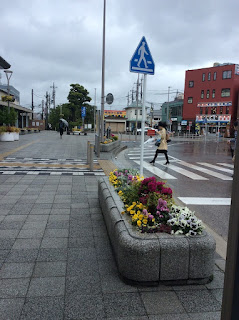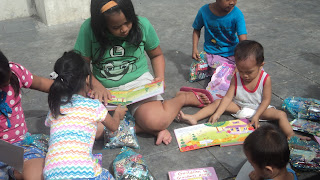New Site, New Bituen!

Bituen Volunteers is now an Eco Coop! We are now transitioning from a non-profit to a Bituen Eco Volunteers Cooperative to allow growth not only for the people we want to help but for our own. You are all welcome to join and let us build a resilient Philippines! Our site www.bituen.ph is under construction but we will keep you updated as always thru our social media page www.facebook.com/bituen.org Bituen was started in a #ReadingCaravan project in October 2009. It distributed thousands of books to school children with support from ReadPilipinas based in Florida, USA. It continued distributing used but high quality books directly to marginalized children in various parts of the country where request has been made. In December 2013, Bituen Volunteers started teaching youths, teachers, and various community groups # wastegardening, a method of planting using biowastes and empty containers . This was done to address lack of resources, from garden space, to organic ...




